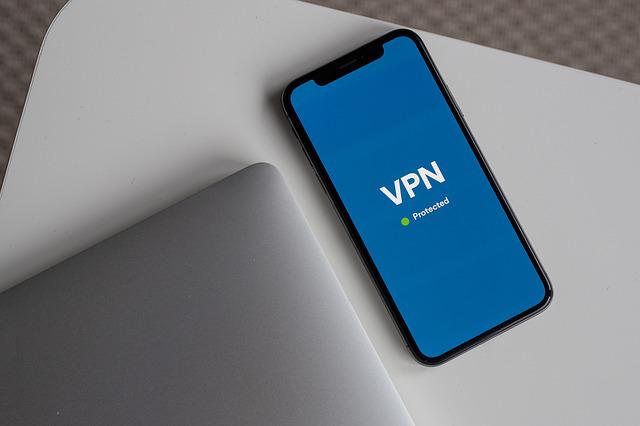Did you know that your internet service provider (ISP) can track your internet activities and even establish your online behavior? Did you also know that ISPs often sell this data to advertisers and could even send it to the authorities?
Many users have turned to VPN encryptions to keep their online activities anonymous, but are they as secure as advertised? Just how secure is VPN encryption?
- It protects your data
- It secures your internet activities
Let’s find out.
1 – VPN Encryption Protects Your Data
VPNs work by routing your internet activities via an encrypted link between your PC and the internet, christened a VPN tunnel. A VPN tunnel secures your data by hiding your IP address and location. It also encrypts the data to protect your privacy and data.
Think of it this way. VPN encryption operates like an armored car which looks exactly like any other car on the roads, making it difficult to pinpoint. Thus, this vehicle can transport you from one destination to the next anonymously and safely. If you’re attacked on the way, the armor will keep the attackers from harming you.
In the same way, VPN encryption allows you to carry out your internet activities in total secrecy by preventing your ISP from tracking and knowing about what you do online.
How it Works
VPN encryption starts the moment you initiate an internet connection. Your tablet, smartphone, or computer connects to the VPN server, which authenticates your device and generates an encrypted tunnel. VPN encryption splits your data into packets, encapsulates it, and passes it through the tunnel.
Once the receiving server access your data, it removes the outer packet and decrypts the information so your recipient can understand your message.
The same process occurs when they’re sending data to your computer.
Your data remains secure because even if a third party were to intercept it, they can’t read it. The data will look like gibberish since it’s encrypted. No hacker will see your browser history because the VPN has already hidden it.
How to Encrypt Your Data
Encryption is a straightforward process involving the following steps:
Step 1: Select our provider. A quick check over the internet will show you many VPN service providers. We recommend that you choose a provider who guarantees a service that’s easy to use, offers reliable and fast speeds, and secures your data.
Step 2: Download the VPN and install it. Once you’ve paid for the service, your provider will send you a link through which you can download the app.
Step 3: Connect your device to the VPN server. Once you open your VPN app, it will ask you to enter your login details. The VPN will ensure you access the web via a secure and encrypted internet connection.
2 – VPN Encryption Secures Your Internet Activities
Whether you realize it or not, there’s always something you have that’s worth hiding. VPN encryption comes in handy when you’re online, and for many reasons:
- It secures your privacy
- It bypasses restrictions
- It secures your identity
VPN Encryption Secures Your Privacy
Privacy is arguably the leading reason why many people purchase VPNs. Even if you aren’t doing anything illegal, you’ll feel uneasy knowing someone is watching every move you make online.
VPN encryption secures your privacy online by encrypting your IP address and web activities and guarantees that an interceptor can’t decode your information if they manage to intercept your communication.
Data security is particularly important when you access the internet via public WiFi connections which are usually closely monitored.
VPN Encryption Bypasses Restrictions
For several reasons, many countries and governments ban or restrict access to some websites. VPN encryption allows you to bypass these restrictions and access uncensored data.
It will also secure you by preventing the authorities from knowing that you’re accessing the information. Even if they find out that someone is accessing restricted data, they can’t pinpoint your IP address.
Secures Your Identity
Some organizations invest in VPNs to further secure private data within their servers. As discussed above, VPN’s primary function is to encrypt data so no one can steal it during transit. Thus, it keeps hackers from accessing any information they can use to clone your identity and execute malicious activities.

0 Comments